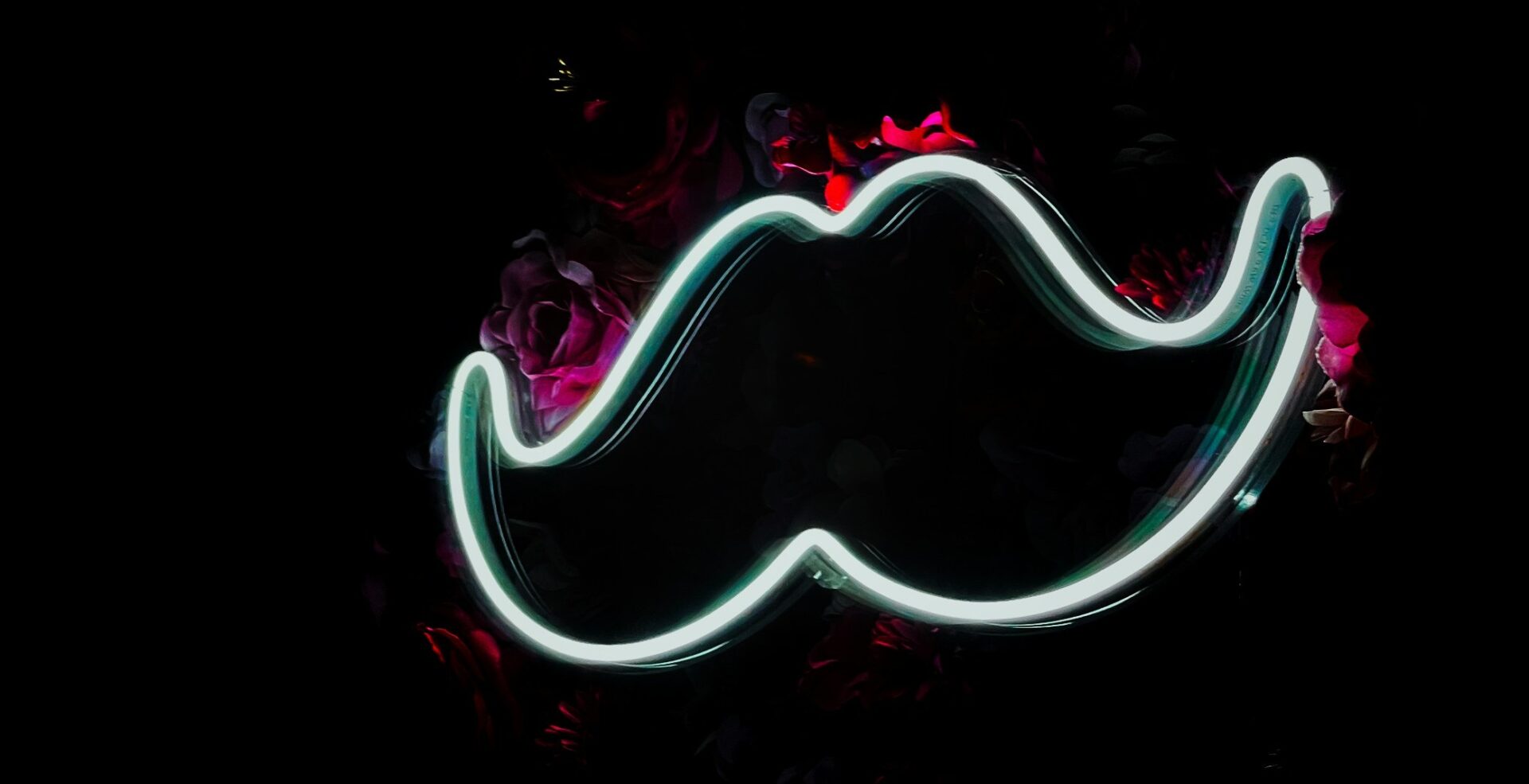
The evolution of digital luxury shopping
The world of luxury shopping is evolving. Traditionally, luxury brands have focused on personalised and high-touch in-store services that define luxury shopping.
However, the landscape is shifting as high-net-worth consumers (HNWs) are no longer just seeking exclusive in-store experiences; instead, they are embracing the digital shift. Brands are becoming increasingly aware of this transformation and its impact on how HNW consumers engage with luxury brands.
In this article, we take a look at what the latest data tells us about how millionaires are engaging digitally with luxury brands, explore the transformation brought by digital shopping experiences across the luxury landscape, and share our thoughts on what’s next for this growth.
The rise of virtual luxury shopping
The digitalisation of luxury retail is no longer a futuristic concept – it’s here.
Our data shows a growing interest in sophisticated shopping experiences via advanced digital tools and platforms. For instance, personalised travel recommendations using AI have attracted interest from 34% of millionaires, up from 24% in Q3 2024. Similarly, digital fashion concierge services are gaining traction, with interest rising to 23%, up from 16% in Q3 2024.
Super-luxury brands are already investing in technology to enhance their online presence while preserving the high-touch experience their consumers expect. Gucci, for instance, has pioneered virtual try-ons for accessories, whilst Louis Vuitton launched appointment-only digital consultations allowing clients to experience personalised service and exclusive shopping experiences even in the virtual space.
Reinventing the luxury car buying experience
For luxury carmakers, the shift is just as pronounced. Interest in virtual car showrooms has reached 35%, up from 28% in Q3 2024.
Millionaires living in London and the South-East demonstrate the greatest shift towards digital engagement compared to other UK regions – from virtual reality experiences to digital concierge services and interactive product demos. This increased interest could be attributed to regional lifestyle differences which makes the convenience of things like virtual showrooms all the more attractive – offering a time-saving, hassle-free way to engage with brands.
Approximately a third of both 18-34 and 55+ year-old millionaires show equal enthusiasm for virtual reality experiences in their car-buying journey. However, it is the 18-34 year-olds who are truly driving the overall interest in digital shopping experiences. Their engagement is particularly notable, with 48% showing interest in virtual showrooms and 35% for personalised recommendations using AI. This younger demographic is setting the pace for digital innovation in the luxury market.
Additionally, younger millionaires (18-34) and those with assets of more than £2m are more likely to be interested in fully online purchasing options and cryptocurrency payment options when purchasing luxury cars.
And automotive brands have embraced this transformation. Rolls-Royce, for example, introduced virtual commissioning suites where clients can customise their cars with bespoke features without stepping into a dealership. Similarly, Bentley’s digital configurator allows customers to create their dream vehicle, complete with rare materials and handcrafted details, before finalising their purchase in person. Ferrari has further embraced digital by allowing cryptocurrency payments, signaling a shift towards modern transactional methods that appeal to younger, tech-savvy HNW consumers.
The future of luxury: balancing digital and exclusivity
Despite the rapid shift towards digital, luxury brands must be strategic in their approach. The data suggests that digital innovation is enhancing rather than replacing traditional luxury experiences. Whilst the digital journey is growing, in-store elements such as personal shopping and one-on-one consultations remain vital. A third of HNW individuals still value store appointments. For luxury fashion, accessories and homeware purchases the in-store experience is particularly important amongst those feeling optimistic about the global economy and the VHNW consumers.
Additionally, our data reveals a balance amongst millionaires, with 52% favouring meaningful brand connections and 42% appreciating more transactional purchases. This highlights the need for luxury brands to balance strong brand-consumer connections with the convenience of transactional experiences.
Regardless of the channel, product customisation should remain a priority which sees the highest increase in interest amongst shoppers for luxury cars, fashion and accessories.
As technology continues to shape the industry, the future of luxury shopping will not be about choosing between digital and in-store experiences but about seamlessly integrating the two to enhance personalisation and brand connection whilst maintaining the quality that defines luxury.
For luxury brands, this shift presents both challenges and opportunities: how to maintain exclusivity and connection in an increasingly digital world whilst meeting evolving consumer expectations.
Speak to our team
Looking to navigate this digital transformation we’re seeing? Speak to one of our Wealth specialists today.





